Locarno Shorts Weeks, a pre-pandemic idea tailor-made for the ‘new normal’
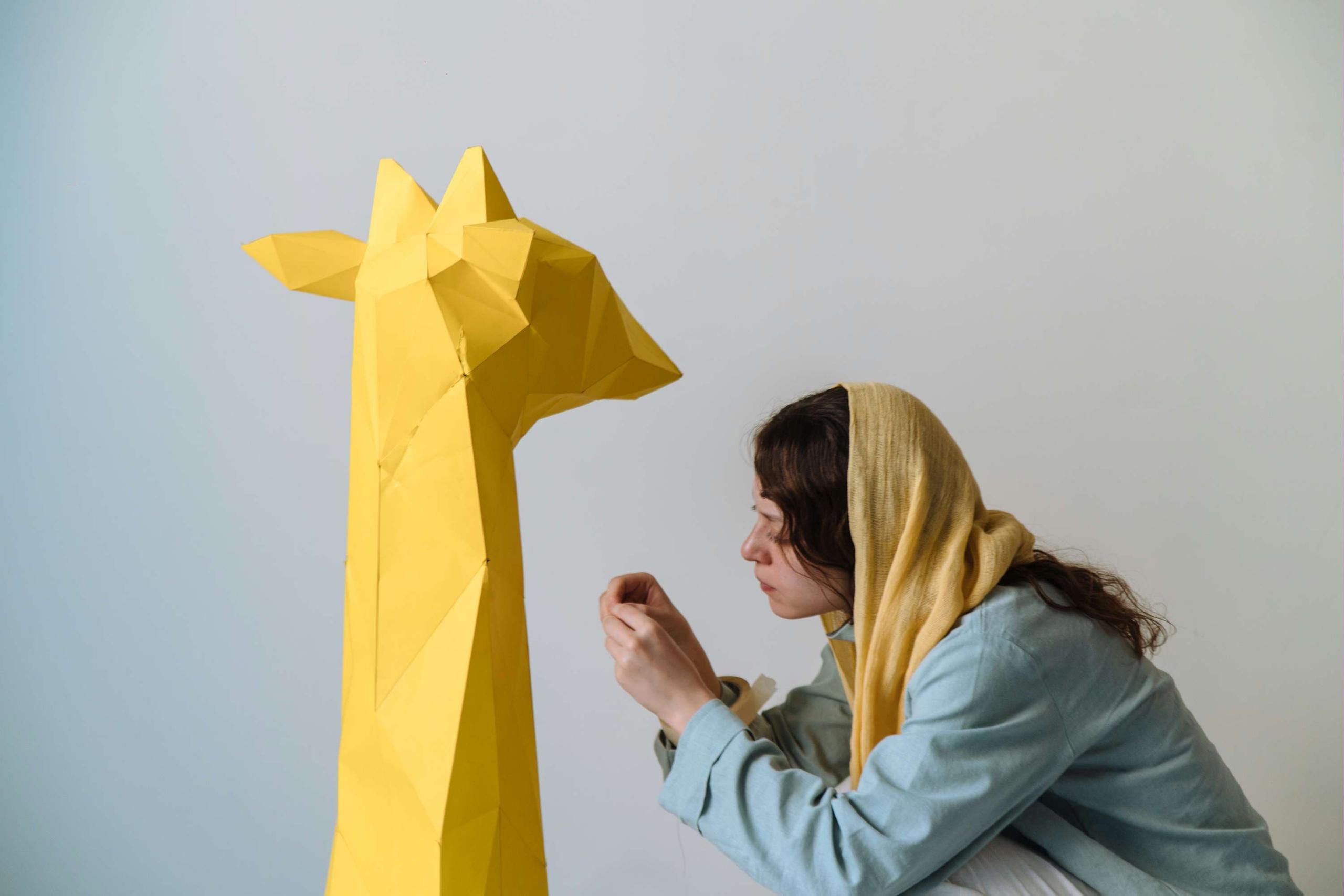
Locarno Shorts Weeks was a pre-pandemic experiment of an online event, offering worldwide viewings of short films in a competition decided by audience votes. As it begins its fourth annual edition, the experiment has already become a successful model.
Starting on February 1, the Locarno Shorts Weeks festivalExternal link will present one short film per day to stream online, accessible from anywhere in the world, for free. Each film will be available for one week and viewers are invited to vote after each viewing. This is Locarno Shorts Weeks’ fourth edition and a consolidation of its innovative format which proves fit for post-pandemic times.
Selected from Locarno two of the festival’s sections Pardi di Domani (Leopards of tomorrow, the ‘pardo’ is the Locarno awards), dedicated to short films, and Open Doors (with films from Southeast Asia) the films are not new releases. They are chosen from the selection of the festival’s 2020 edition. “That’s to not disrupt their commercial cycle, to guarantee free rights worldwide, and at the same time, to give them an extended life,” explains Italian critic Eddie Bertozzi, who curated this year’s selection.

The online festival has brought tangible results in a very short time. In its first edition, it counted almost 4,000 views from 92 countries. In 2020, there were 6,557 views from 181 countries (the pandemic hadn’t yet settled in). Last year, views reached 25,000 (with 66,811 page visits), a 276% increase compared to 2020.
Global reach
The current selection has quite a broad geographical range, covering 18 countries from practically all continents, except Australasia.
Such a wide international scope offers a comparative window on the formal and thematic experiments being practiced in different cultures and in very discrepant conditions. The short format is not just used by aspiring film makers with little or close to no budgets. Some cult movies started off as shorts, like Jim Jarmusch’s Coffee and Cigarettes and Stranger than Paradise. Established and venerated directors – Jean-Luc Godard, Claire Denis, among so many others – revel in the freedom to play outside of the industry standards. Shorts often allow directors to develop more radical narratives, experimental ideas or personal caprices.
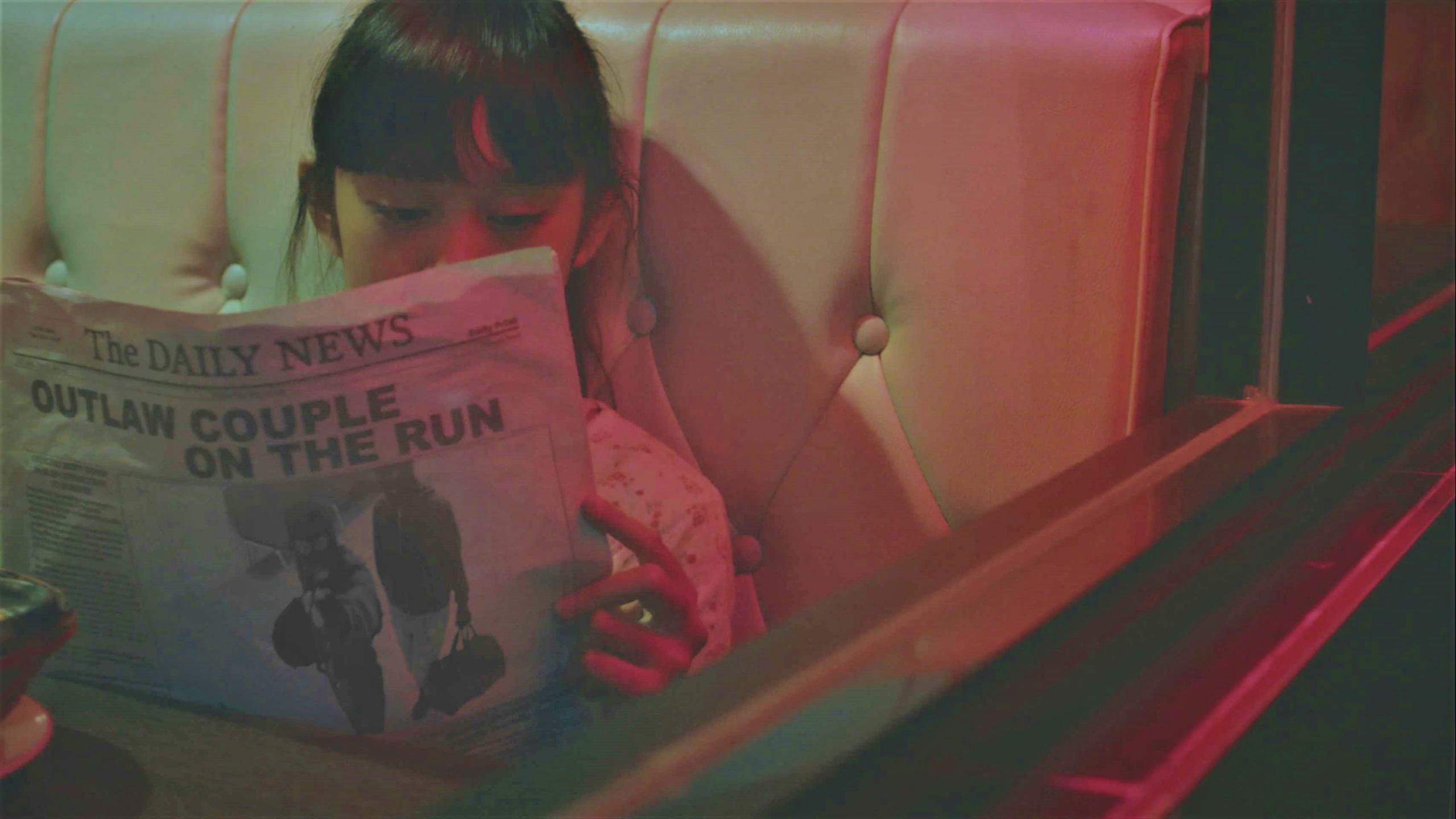
That’s basically the idea behind Corti d’Autori, a novel section of the Locarno Festival that debuted last year. It was one of the changes made by the director of the festival, Giona A. Nazzaro, in his first year; bringing short-films made by established authors such as Marco Bellocchio and Radu Jude, side by side with budding film makers.
Corti d’Autori will be integrated to the next Locarno Shorts Weeks, in 2023, announced Bertozzi; this will allow him to maintain the two-year window, opening the prospect to consolidate the experiment as permanent in future agendas of international festivals.
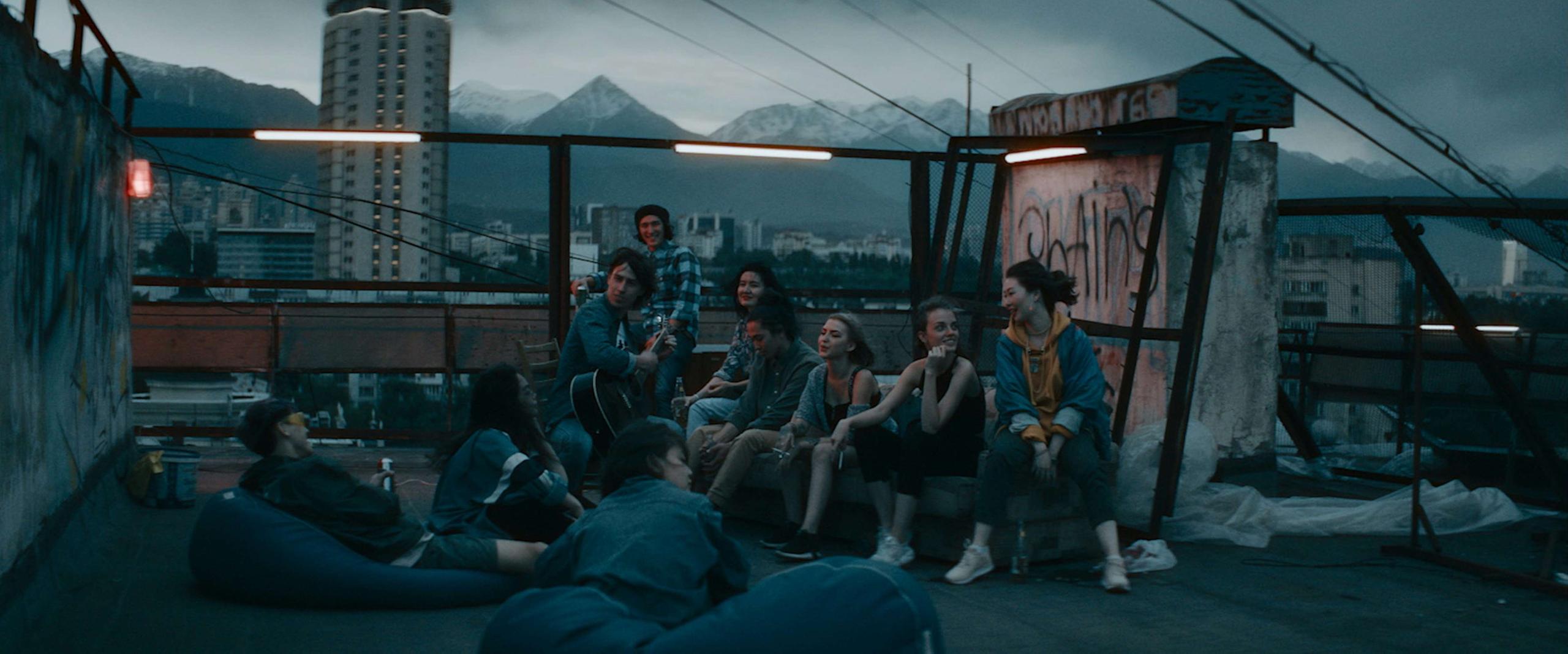
The hybrid model
But success of the hybrid model as implemented here by Locarno with an in-person event followed up with an off season online screening session, wasn’t written in stone. When SWI swissinfo.ch announced the second edition of the online Locarno Shorts Weeks in January 2020, its main attraction was the outreach to a global audience as an interesting experiment in online viewing. But a few weeks later, the coronavirus pandemic struck, lockdowns ensued, and the in-person events had to reinvent themselves online.
Overnight, what was meant to be an “interesting experiment” of a hybrid festival became the new norm for international film festivals. However, two years on, results of this new form of festival has given mixed results.

Indeed, film festivals get much of their allure by the physical experience and the social interaction among cinema-goers, industry and media professionals. Prizes, awards, viral posts and critical appraisals in festivals are vital for the commercial success of a film, especially for those not produced by big studios or powerful streaming platforms. That’s also the case with short films.
Turning the physical festival into an online event, as many tried in the first year of the pandemic, was disastrous. The long-term plans on which festivals depend could be disrupted overnight by lockdowns and sudden hygiene limitations. To put up an online event as a “plan B” needs a different business model, where distribution contracts for every film selected must be re-negotiated, and a whole new whole marketing strategy. Online events may also dilute the physical attendance in movie theaters.
Nonetheless, they can also make a film visible in territories where distribution is scant or inexistent. Even if, or when, the pandemic subsumes, and audiences flock back to theatres, cinemas, museums, and concerts, online festivals will certainly stay. Online viewing platforms, such as DAFilmsExternal link, a joint-venture of 7 smaller European festivals, sprang in the last years and will certainly continue even as sanitary restrictions end.
Considering all this, Locarno Shorts Weeks is quite a unique and smart model. It doesn’t cannibalize the main event but raises the profile of the mother-festival off-season. Besides, it extends the international reach of a niche program of films that are virtually invisible, under the radar of even the most enthusiastic cinephiles. Instead of replacing the physical experience of a festival, it expands the range of possibilities. Other festivals should take note.


In compliance with the JTI standards
More: SWI swissinfo.ch certified by the Journalism Trust Initiative









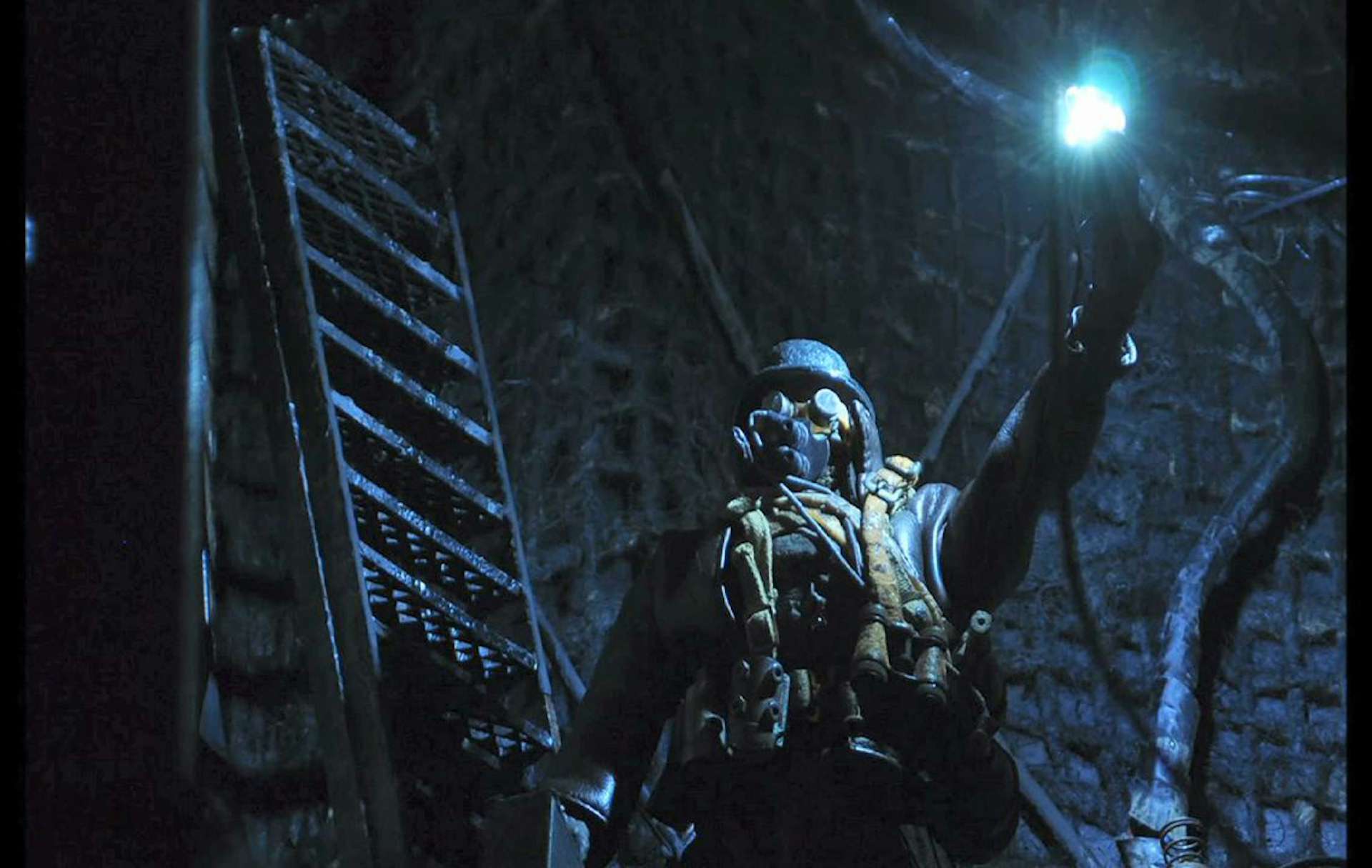

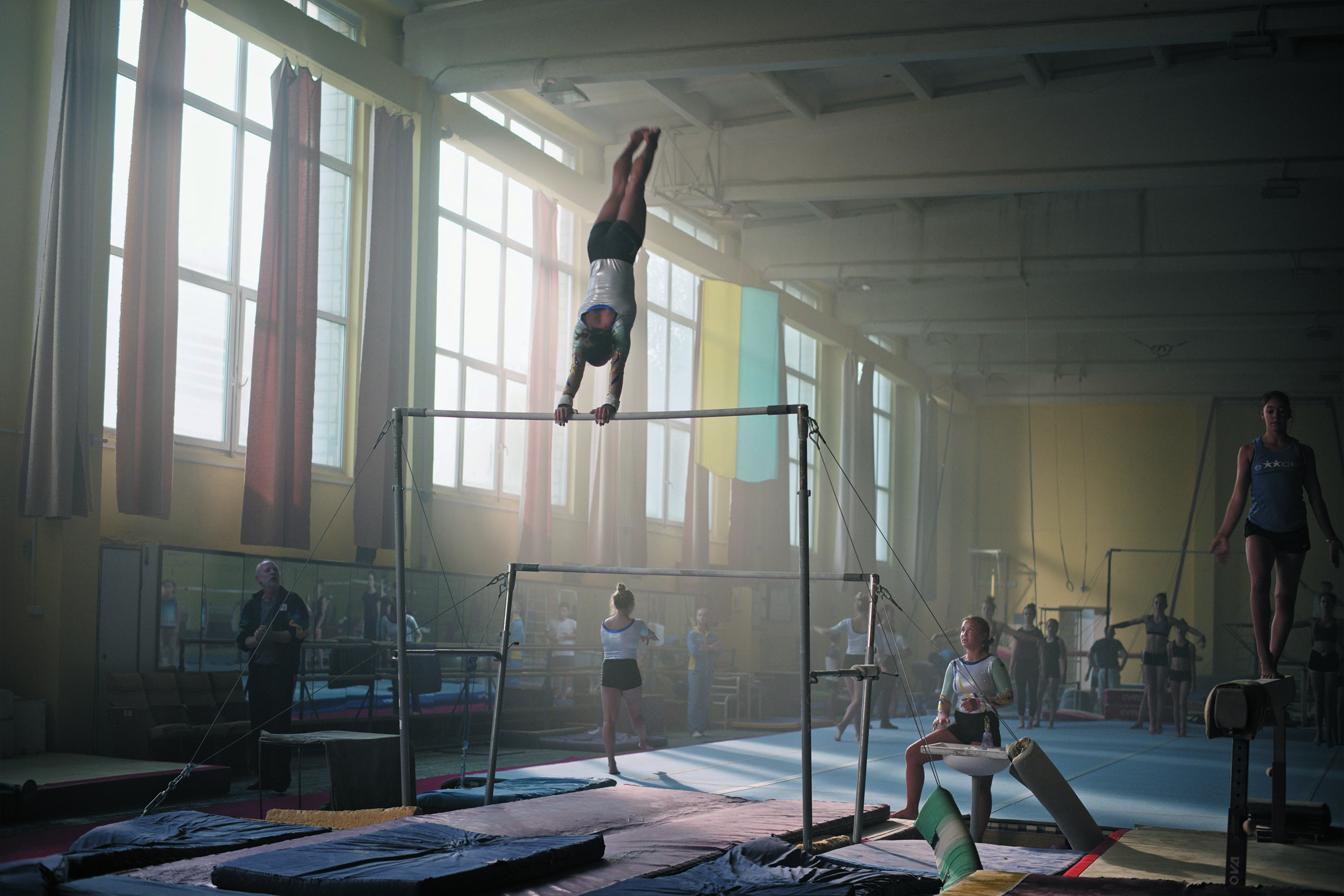
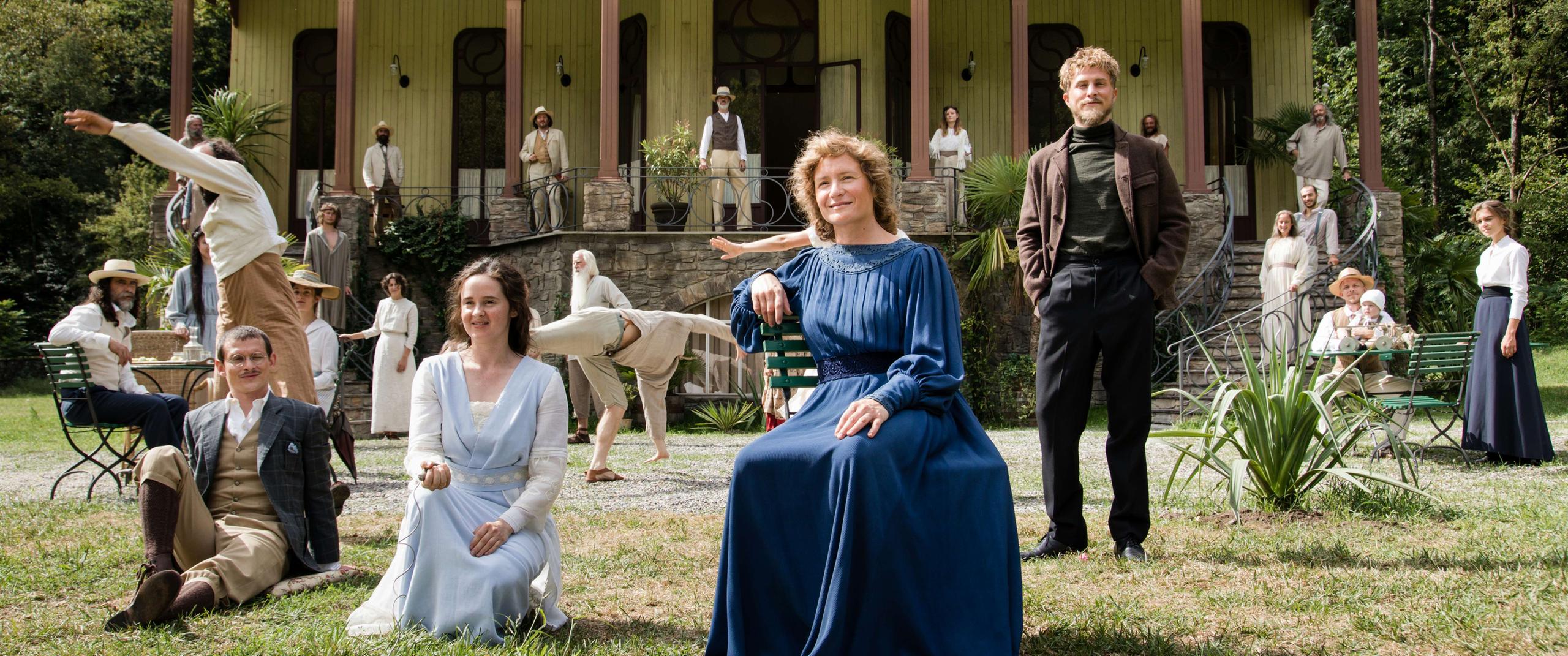
You can find an overview of ongoing debates with our journalists here . Please join us!
If you want to start a conversation about a topic raised in this article or want to report factual errors, email us at english@swissinfo.ch.